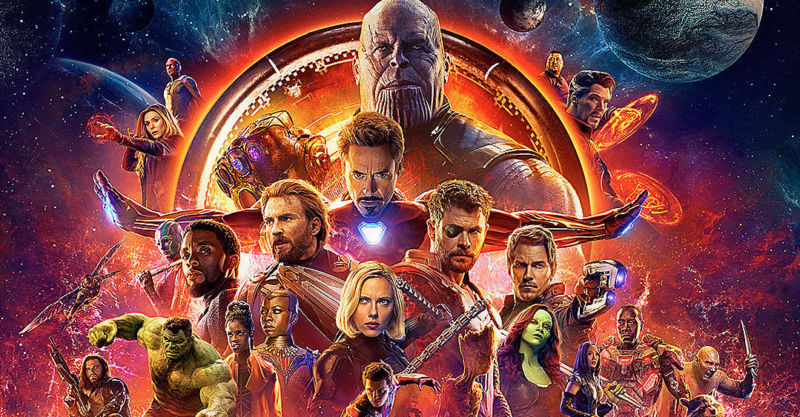It’s no secret that we as a society love superheroes. We dress up in their costumes for parties, give our children little plastic heroes to play with, and we consume their movies and shows at an astonishing rate. From the
It’s easy to understand the appeal of the superhero movie. Amazing spectacles of cgi and choreography are coupled with the power fantasies of ordinary (and usually very attractive) people being given tremendous abilities and accomplishing fantastical feats. But with 2019 set to see a record breaking 11 Hollywood movies have to jostle with our screen time against well-received shows like “The Umbrella Academy” and “Doom Patrol”; it seems unlikely that spectacle, sex appeal, and power fantasy alone could drive such a phenomena.
What makes superhero media so attractive to the twenty first century viewer is exactly what makes “The Umbrella Academy” and “Doom Patrol” stand out from their crime fighting competitors. Both shows feature an ensemble cast of dysfunctional and disenfranchised ‘heroes’ who not only struggle with their powers but also have their agency stripped from them at the outsets of their shows. What’s left isn’t a dashing group of superheroes but rather a seemingly powerless bunch of ‘superpeople’ caught up in relatable struggles like addiction, depression, and anxiety.
At a cursory glance, we’re not a super society. We get caught up in the webs of addiction and mental health problems and make terrible decisions like the casts of our favourite shows. Mental health awareness is on rise, but despite this there is a growing opinion that our general mental health seems to be on the decline. Add a rising feeling of disenfranchisement from people who feel those in powerful positions care little for them and you have an audience who can easily see themselves in the diverse and helpless range of heroes of “The Umbrella Academy” and “Doom Patrol” who come together as ordinary and unassuming people to make a difference.
For such an audience, the superhero movie offers the perfect escape from the 21st century condition. Superheroes embody the agency and justice we feel we’re missing today to affect real change in the word. With an endless slew of negative news and a looming environmental disaster, we turn to superheroes because we want to see ourselves in them. We want to be able to fly away from our problems, feel like we’re special or ‘chosen’ for something bigger, and take back the control we’ve never felt we had to fix these problems. Marvel’s cinematic universe is the highest grossing film franchise because it provides the perfect remedy for 21st century anxieties; the belief that ordinary people can rise to superhero status by being granted powers.
As long as superhero movies are filling the important niche of an empowerment fantasy for a disempowered audience, it seems pointless to question their market saturation. We will keep consuming superhero movies as long as we feel disempowered. What we need is more superheroes like those from “The Umbrella Academy”, heroes that show the audience it’s not their superpowers but their ability to come together to affect change. What we need to be told is not that one day we might be given the chance to be super, but that by (all, together) being super we might one day affect change.
Image credit: Marvel Studios

